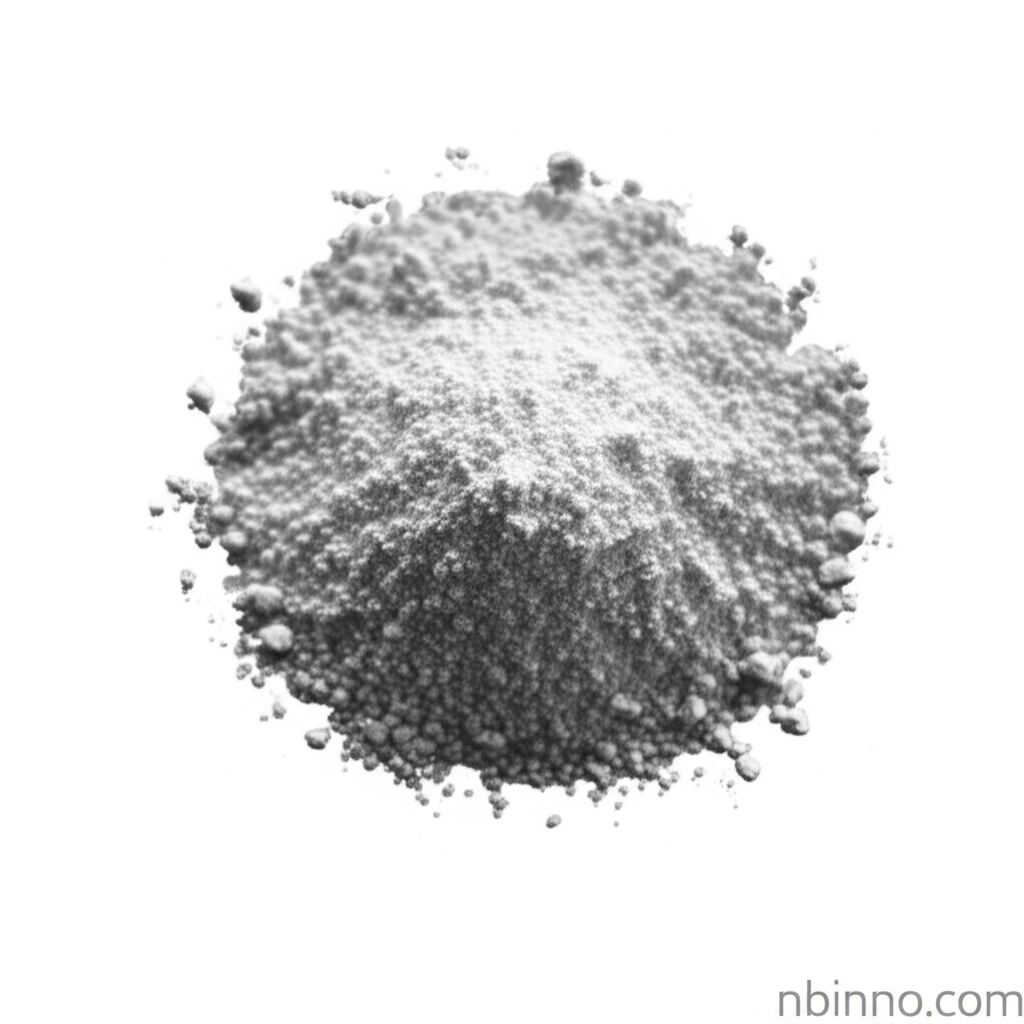Microcrystalline Cellulose: The Versatile Excipient for Pharmaceuticals and Food
Discover the indispensable role of Microcrystalline Cellulose in enhancing drug formulations and food products with its unique properties.
Get a Quote & SampleUnveiling the Core Value of Microcrystalline Cellulose

Microcrystalline Cellulose
Microcrystalline Cellulose (MCC) is a crucial plant-derived ingredient renowned for its exceptional performance as a binder, filler, and disintegrant in pharmaceutical applications. It also serves as a valuable texturizer and bulking agent in the food industry. Its inert nature, excellent compressibility, and favorable flow properties make it a cornerstone for creating stable, effective, and user-friendly products.
- Explore the essential uses of microcrystalline cellulose in pharmaceutical preparations, where it acts as a binder to ensure tablet cohesion and a disintegrant for optimal drug release.
- Learn about the critical role of MCC as a pharmaceutical excipient, contributing to tabletability and overall formulation stability.
- Understand how microcrystalline cellulose food grade enhances the texture and consistency of various food products, acting as a texturizer and bulking agent.
- Discover the manufacturing processes and the key microcrystalline cellulose properties that make it indispensable in drug formulation and food production.
Key Advantages of Microcrystalline Cellulose
Superior Binding Capabilities
Leverage the strong binding capabilities of MCC binder to create robust tablets that maintain their integrity during manufacturing and handling, ensuring consistent product quality.
Enhanced Drug Release
Utilize MCC as a disintegrant to facilitate rapid and efficient breakdown of tablets in the body, leading to improved drug absorption and bioavailability, crucial for effective microcrystalline cellulose applications.
Versatile Functionality
Benefit from MCC's multi-functional nature, serving as a filler, diluent, lubricant, and anti-adherent, simplifying formulations and reducing the need for multiple excipients in your products.
Key Applications of Microcrystalline Cellulose
Pharmaceutical Formulations
As a primary pharmaceutical excipient, MCC is fundamental in producing tablets, capsules, and other solid dosage forms, ensuring efficacy and patient compliance.
Food Industry
In food production, MCC acts as a stabilizer, thickener, and texturizer, improving the quality and shelf-life of a wide range of processed foods.
Cosmetics and Personal Care
MCC finds use in cosmetics for its abrasive, absorbent, and viscosity-increasing properties, enhancing the texture and performance of skincare and haircare products.
Animal Nutrition
Utilized as a technological additive in animal feed, MCC serves as an emulsifier, binder, and stabilizer, contributing to animal health and feed quality.
